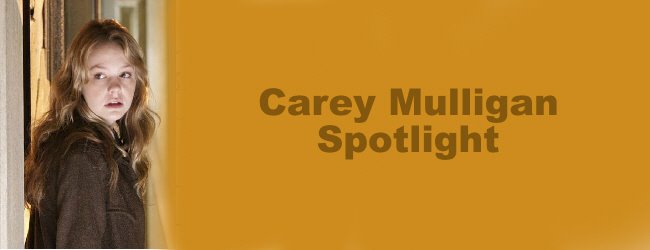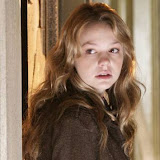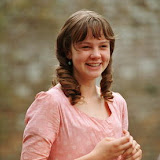Skedded for release in Blighty Oct. 10, and Stateside through Sony Pictures Classics in February, the film should also figure into the upcoming awards season (following its Toronto screening) as the kind of tony Brit-lit picture older voters go for. But by never getting to the heart of the matter, nor having even one scene where father and son really talk, the movie has a big black hole at its core. In the smorgasbord of father-son relationship pics, this one is very low-cal.
Film opens exactly as Morrison’s memoir does: with boyish Blake (Bradley Johnson) stuck in a country traffic jam with his dad, Arthur (Broadbent), and mom, Kim (Juliet Stevenson), during a summer in the late ‘50s. As a voiceover by the adult Blake (Colin Firth) explains, “My father could talk his way into, and out of, anything.” Soon, the irrepressible Arthur has managed to skip the car queue and parlayed his way into reserved seating at the races.
It’s the first of several set pieces in which Arthur, a country doctor whose bragadaccio masked a real love for his wife and children, shows not the slightest embarrassment for those around him. Cut to London in 1989, where Blake is having some quick nooky with his wife, Kathy (Gina McKee), and their lovemaking is interrupted by dad’s knock on the door. “The sex police,” mutters Blake, a phrase that is shown to resonate from his teenage years, when dad was always interrupting his fumbling attempts at sexual congress.
Soon afterward, Arthur is diagnosed with terminal cancer and, as Blake visits him in the family home, the script starts freely moving among three timeframes: the late ‘50s, with Blake as a kid in short pants; through the ‘60s, in which Matthew Beard plays Blake as a hormonal teenager; and 1989, when Blake is a grown adult with his own career as a writer-poet.
Collection of episodes, mostly from the ‘60s, contain some amusing stuff: Blake and Arthur getting waterlogged on a camping expedition; Blake falling head-over-heels for their gutsy young Scottish au pair (Elaine Cassidy, in pic’s standout support); and Blake’s clumsy attempts to chat up Rachel (Carey Mulligan), a girl he meets on holiday who’s more interested in his dad. This is just as well, as there’s precious little happening onscreen in the relationship between father and son.
Morrison’s memoir managed to sustain a fairly ordinary story through the easy grace of its writing. Divorced from the page, and with little backgrounding on any of the characters, the yarn lacks the drama and conflict necessary for a feature film, and largely ambles along on good performances.
Things aren’t helped any by Firth’s dour perf, as his Blake comes across as a self-centered whiner, a latter-day Me Generation figure who’s obsessed with finding problems when there really aren’t any. And with Broadbent playing Arthur as a charming blusterer who wouldn’t hurt a fly, there’s no true conflict at script’s heart.
Supporting performances are strong, with Stevenson aces as the underplayed mom, Beard good as the teenaged Blake and Mulligan ditto as the elusive Rachel. McKee, who’s really developing as an actress in her middle years, is notable as Blake’s wife, as far as her part is written.
Period flavor -- with saturated colors in the ‘50s scenes that grow duller in subsequent timeframes -- is strongly detailed in Alice Normington’s production design and Caroline Harris’ costumes, both heightened a notch beyond naturalism. Composer Barrington Pheloung’s chordal washes flood the yarn with wistful emotion.
Camera (color, widescreen), Howard Atherton; editor, Trevor Waite; music, Barrington Pheloung; production designer, Alice Normington; art director, Lynne Huitson; costume designer, Caroline Harris; sound (Dolby Digital), Jim Greenhorn; visual effects, One of Us; assistant director, Ben Howarth; casting, Priscilla John. Reviewed at Edinburgh Film Festival (British Gala), Aug. 21, 2007. (Also in Galway, Telluride, Toronto film festivals.) Running time: 92 MIN.
Read the full article at:
http://www.variety.com/story.asp?l=story&r=VE1117934468&c=31



No comments:
Post a Comment